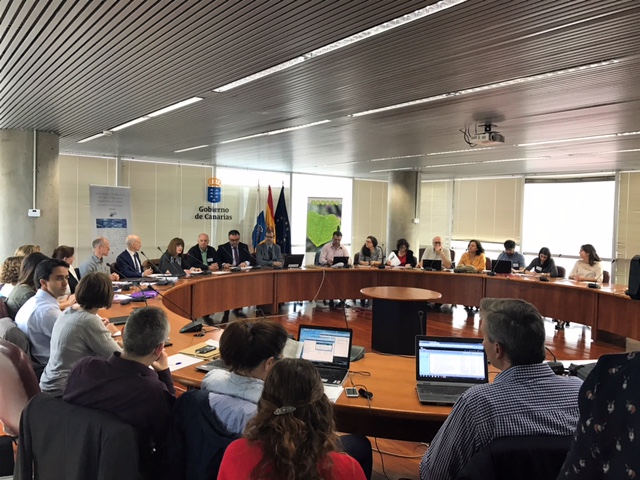Proyecto EUROCIGUA
On 5, 6 and 7 April, at the Head Office of the Canary Islands Government in Las Palmas de Gran Canaria, coordination meetings were held for the EUROCIGUA project, coordinated by AECOSAN, and bringing together the work of 14 European organisations from six Member States for the risk characterisation of Ciguatera in Europe.
The aim of the project is to determine the prevalence of ciguatera in Europe, together with the epidemiological characteristics of the cases; to assess the presence of ciguatoxins in food and in the environment and, in this way, to characterise the risk, developing methods for the detection of the presence of specimens contaminated by ciguatoxins.
On Thursday 6, the plenary session took place, opened by the Director of the Canary Isle Health Service, Conrado Domínguez, and accompanied by the Director General of Public Health and the Vice-chancellor of research at the University of Las Palmas.
These are the second meetings to be held within the project which is due to end in 2020. The objective of the annual meeting is the sharing of information regarding progress in the research conducted in the first year of the project.
The second meeting was attended by all the project coordinators and members, the National Epidemiology Centre of the Carlos III Institute for Health (ISCIII), the Institute of Agri-food Research and Technology (IRTA), and the University of Vigo (UVIGO), the Canary Isles Health Service, the Portuguese Food and Economic Safety Authority (ASAE), the Doutor Ricardo Jorge National Health Institute, the University of Tesalia, the German Federal Institute for Risk Assessment (BfR), the Canary Isles Health Service, the University of Las Palmas de Gran Canaria (ULPGC), the Portuguese Institute for the Ocean and the Atmosphere (IPMA), the State General Laboratory of Cyprus, the French Research Institute for Exploitation of the Sea (IFREMER), and the University of Thessalonika. In addition, personnel from the Directorate General of Fisheries, a key collaborator in the project, and from the European Centre for Disease Prevention and Control (ECDC), together with representatives from the European Food Safety Authority (EFSA) were also present.
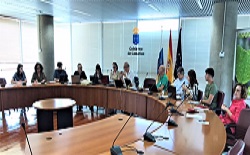 |
 |
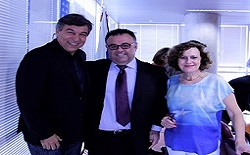 |
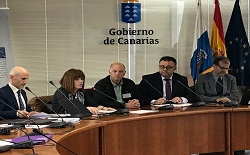 |
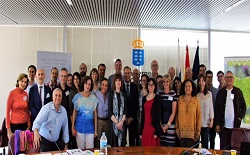 |
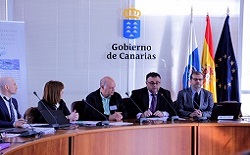 |
